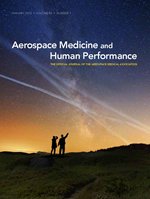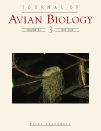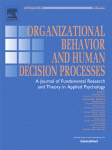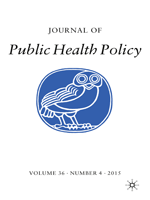 Prominent nutrition expert Marion Nestle is pulling an opinion piece she recently co-authored in the Journal of Public Health Policy following revelations that the piece contained multiple factual errors and failed to reveal her co-author’s ties to one of the subjects of the article.
Prominent nutrition expert Marion Nestle is pulling an opinion piece she recently co-authored in the Journal of Public Health Policy following revelations that the piece contained multiple factual errors and failed to reveal her co-author’s ties to one of the subjects of the article.
The article, “The food industry and conflicts of interest in nutrition research: A Latin American perspective,” was published October 29 and raised concerns about the conflicts of interest that can occur when a food company pairs with a public health organization. Specifically, the article critiqued the supposed relationship between the biggest beverage distributor in Guatemala and the leading Guatemala-based public health organization, aligned to distribute a fortified supplement for undernourished children.
However, after the paper appeared, Nestle learned they had misrepresented the relationship between the key parties, and failed to disclose that her co-author, Joaquin Barnoya, received “a substantial portion of his salary” from INCAP. Retracting the opinion was the best solution, Nestle wrote on her blog today: Continue reading Prominent nutrition researcher Marion Nestle retracting recent article
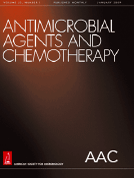
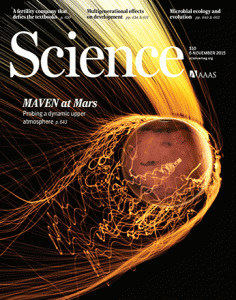

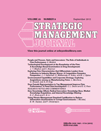 A
A 